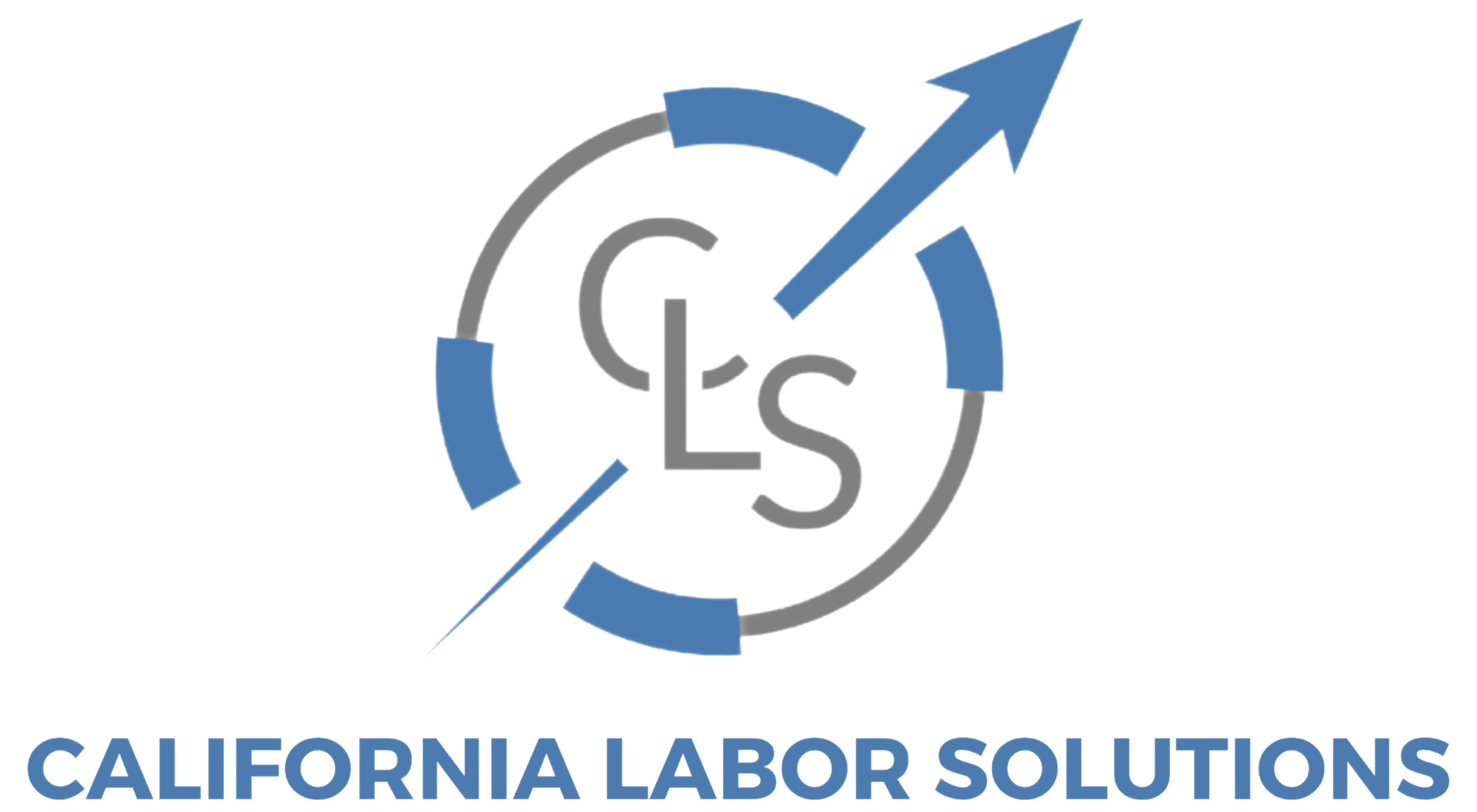Understanding job laws in California is essential for any employer operating in the state. California’s employment regulations are some of the most detailed and employee-protective in the nation, covering everything from wages and scheduling to discrimination, termination, and paid leave. Whether you’re a small business or a growing organization, staying compliant with these laws helps you avoid costly legal issues and create a fair, productive workplace.
1. Wage and Hour Laws
California’s job laws include strict wage and hour requirements that go beyond federal standards.
Key Requirements:
-
Minimum wage in California is currently higher than the federal rate and may vary by city or county.
-
Overtime pay is required for non-exempt employees working over 8 hours per day or 40 hours per week.
-
Meal and rest breaks must be provided: 30-minute unpaid meal breaks and 10-minute paid rest breaks.
Employers must track hours carefully and ensure employees receive the correct compensation for all time worked.
2. Anti-Discrimination and Harassment Laws
California prohibits workplace discrimination based on characteristics such as race, gender, age, disability, sexual orientation, and more.
Employer Responsibilities:
-
Comply with the Fair Employment and Housing Act (FEHA).
-
Maintain written anti-discrimination policies.
-
Investigate any harassment complaints promptly.
-
Offer harassment prevention training as required by law, particularly for supervisors.
3. Employee Classification
One of the most frequently misunderstood areas of job laws in California involves properly classifying employees and independent contractors.
Key Compliance Points:
-
Follow the ABC test established under AB 5 to determine if a worker is an employee or contractor.
-
Misclassification can result in back wages, penalties, and lawsuits.
-
Exempt vs. non-exempt employees must be classified based on job duties and salary thresholds.
Employers should review classification regularly, especially when roles change.
4. Paid Sick Leave and Time Off
California requires that all employers provide paid sick leave and comply with various state-mandated leave laws.
Examples Include:
-
California Paid Sick Leave: At least 24 hours per year for most employees.
-
CFRA (California Family Rights Act): Up to 12 weeks of unpaid, job-protected leave for qualifying reasons.
-
Pregnancy Disability Leave: Up to 4 months of leave for pregnancy-related conditions.
Employers should clearly communicate these policies in employee handbooks.
5. Termination and Final Paychecks
When employment ends, California has strict rules about final pay.
Key Facts:
-
Employees who are fired or laid off must receive their final paycheck immediately.
-
Those who resign must receive final pay within 72 hours (or immediately if they gave at least 72 hours’ notice).
-
The final check must include all earned wages, including unused vacation time.
Non-compliance can lead to waiting time penalties and legal claims.
Why Staying Compliant with Job Laws Matters
Failing to follow California’s job laws doesn’t just lead to fines—it can damage your company’s reputation, reduce employee morale, and open the door to lawsuits. Being proactive with your HR practices, documentation, and training will help prevent violations before they start.
Partner with California Labor Solutions
At California Labor Solutions, we help employers stay compliant with all aspects of job laws in California. From conducting workplace investigations to advising on employee classification and termination procedures, our team ensures your business stays protected.
👉 Visit www.californialaborsolutions.com to schedule a consultation and build an HR strategy that keeps you aligned with California law.

